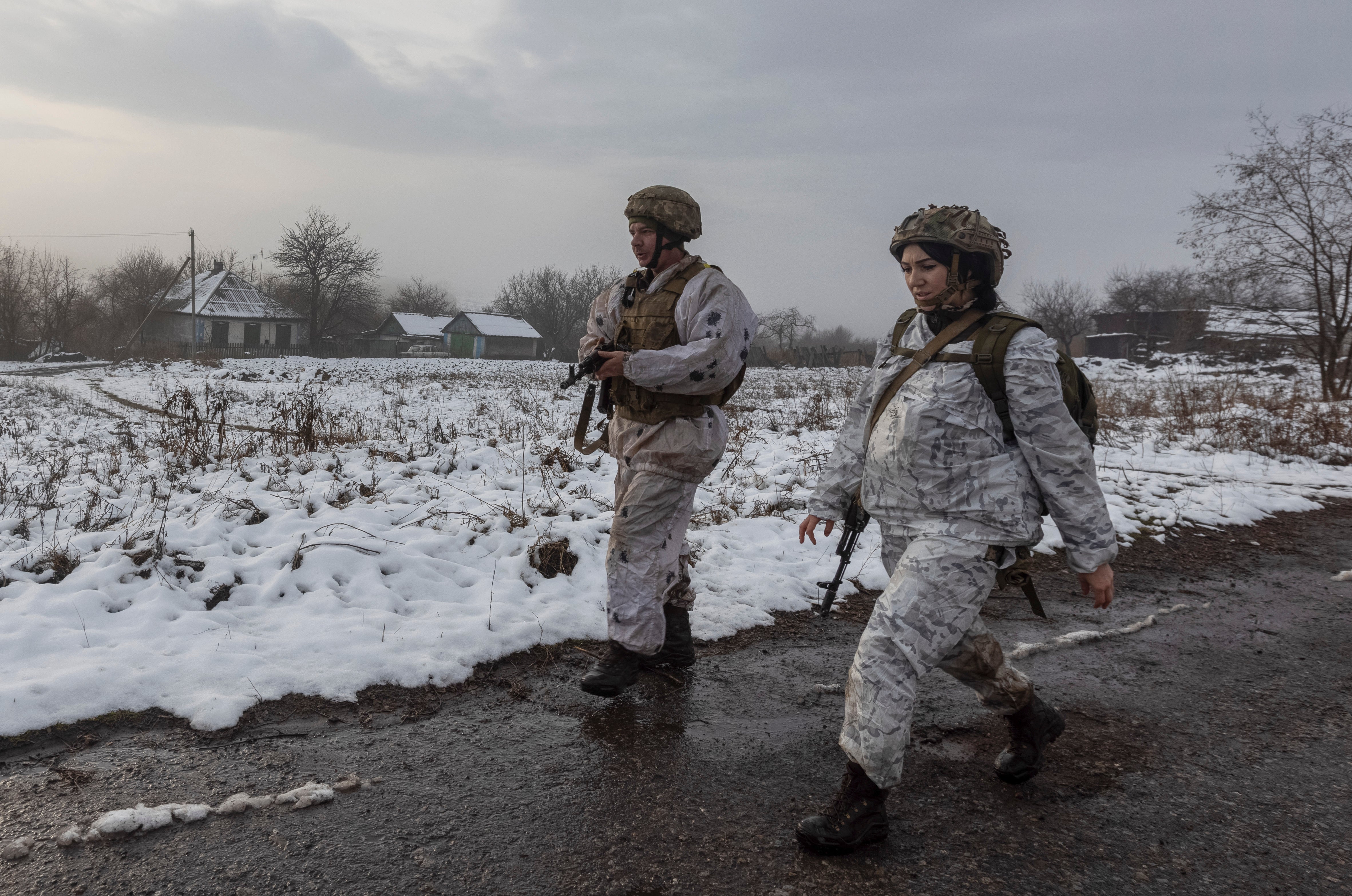How a court case may have given away that Russia has troops in Ukraine
Fears are growing over a potential Russian invasion of Ukraine

Your support helps us to tell the story
From reproductive rights to climate change to Big Tech, The Independent is on the ground when the story is developing. Whether it's investigating the financials of Elon Musk's pro-Trump PAC or producing our latest documentary, 'The A Word', which shines a light on the American women fighting for reproductive rights, we know how important it is to parse out the facts from the messaging.
At such a critical moment in US history, we need reporters on the ground. Your donation allows us to keep sending journalists to speak to both sides of the story.
The Independent is trusted by Americans across the entire political spectrum. And unlike many other quality news outlets, we choose not to lock Americans out of our reporting and analysis with paywalls. We believe quality journalism should be available to everyone, paid for by those who can afford it.
Your support makes all the difference.A fraud conviction made by a Russian court may have accidentally revealed that the Kremlin has soldiers in eastern Ukraine.
A court in Rostov in southern Russia, located on the Ukrainian border, disclosed that a convicted senior manager of a local company was in charge of buying, stocking and selling food to Russian troops stationed in separatist-controlled eastern Ukraine.
“This food was intended to be sent to military units of the Russian Armed Forces stationed on the territory of the DNR (Donetsk People's Republic) and LNR (Luhansk People's Republic),” the court said in its verdict.
According to the court documents, troops received more than 1,300 tons of food every two weeks including flour, canned food and fresh vegetables with each delivery costing 130 million rubles (£1.32m).
It was estimated that the bi-weekly supplies could feed around 26,000 Russian troops.
The defendant, named in court files as V.N. Zabaluev, was a deputy regional manager for military nutrition of the Moscow based company, Tekhnologiya.
He admitted to having bribed officials up to four times in 2019. He was subsequently sentenced to five years in prison on charges of transferring 990,000 rubles (£10,500) from his boss to a military official to avoid disruptions in the supply chain.
Moscow denies the presence of Russian soldiers in the rebel-held region, Donbas, which has been locked in a protracted war with Ukrainian forces since 2014. The Kremlin has insisted that any Russian nationals fighting in the conflict-torn region were there on a voluntary basis and not in any official capacity.
The revelation comes as the head of the European Union’s executive warned Moscow on Wednesday that the bloc has a battery of additional sanctions ready if Russia decides to invade neighbouring Ukraine.
Washington says Russia has amassed more than 100,000 troops on Ukraine’s borders, possibly for an invasion. Moscow says it has a right to move its troops around its own territory as it sees fit but says the manoeuvres are purely defensive.
On the eve of an EU summit on the issue, Commission President Ursula von der Leyen said that beyond scaling up and expanding existing sanctions, the EU can adopt “unprecedented measures with serious consequences for Russia’.’
Von der Leyen told the European Parliament that there are already economic sanctions in place targeting Russia’s finance, energy and sectors because of its annexation of Ukraine’s Crimea peninsula in 2014 and actions since that the west sees as increasingly aggressive.
The UK’s foreign secretary Liz Truss also said on Sunday that “the world’s largest economies are united” in warning Russia that an invasion of Ukraine would have “massive” — though largely undisclosed — consequences.



Join our commenting forum
Join thought-provoking conversations, follow other Independent readers and see their replies
Comments